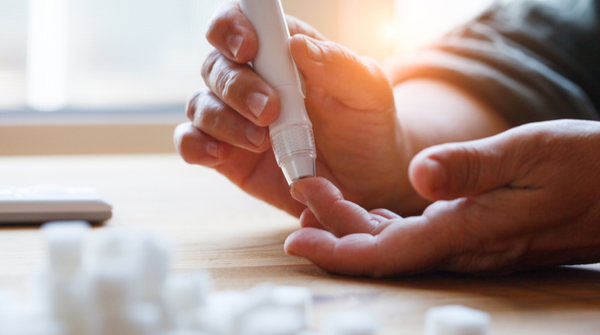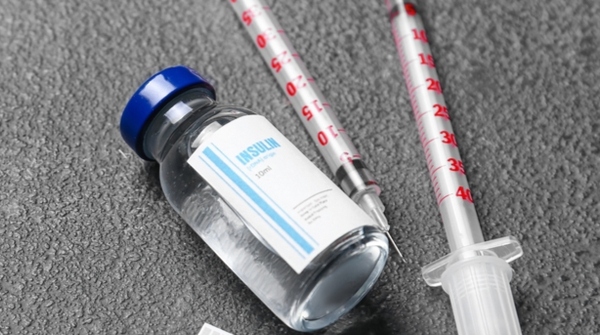Ever wondered what are the most asked questions on Diabetes? It might be quite surprising to know that the most asked question in the world is “How do I manage Diabetes?”. There are a little over a million people who ask this question every month on Google, and that’s just one variation of the question. We have curated a list of the top most asked questions about diabetes care and management.
Although diabetes information is available almost everywhere, it can be overwhelming and difficult to decide what’s relative to you and what doesn’t apply.Whether you want to know the recommended blood sugar numbers or need advice on how to stay motivated.
Here are the answers to the 8 most commonly asked questions about diabetes management.

What is your most important recommendation to a diabetic person?
Diabetes is a disease which cannot be completely cured. Diabetes can only be controlled with a proper diabetes care plan by making lifestyle changes, eating a highly nutritious and balanced meal, and weight loss, you may be able to maintain normal blood sugar levels without any medication.

Can plate method be used for type 2 diabetes patients with ideal body weight?
Eating healthy is extremely crucial when you have diabetes. This is because the type of food you eat, how much you eat, and the combinations of food types you eat all directly affect your blood sugar levels. Measuring food intake using portion control methods can work in conjunction with the plate method. A frequency of portions of the basic food groups may be more appropriate considering types of foods.

What kind of complications does diabetes cause? Is it true that complications of diabetes can be delayed or prevented?
Over a period of time, having sugar in your blood can cause a lot of complications such as blindness, foot problems, heart attack, nerve problems, skin and kidney diseases. Fortunately, diabetes can be delayed or even prevented by following a healthy lifestyle – losing a modest amount of weight and being physically active most days of the week.

Does having diabetes mean that I am at a higher risk for developing other medical problems?
People with diabetes are more likely to have health complications in comparison to people without diabetes. Over time, high blood glucose can damage your blood vessels, especially the nerves to your heart. The longer you have high sugar levels, the higher your chances of developing heart disease.

How often should I check my blood sugar levels?
The answer depends mostly on the status of your health and the demands of your daily life. People with type 2 diabetes should take a blood sugar reading at least once a day, whereas others may require, to test as frequently as six to seven times a day. It is advised to consult your diabetes educator to understand the number of checkups required on a daily basis.

What are the high sugar level symptoms or warning signs? How to control sugar level?
When blood sugar levels are high, a person with diabetes may show symptoms in the form of increased thirst, headaches, having trouble concentrating, blurry vision, frequent urination, fatigue and weight loss. High levels of blood glucose can cause a range of symptoms, from exhaustion to heart disease. The easiest way to control blood sugar is to eat a healthy diet, physical exercises and bring about lifestyle changes.

Will I need to be on insulin for the rest of my life?
It depends from person to person having diabetes. Many people with diabetes can eliminate their need for insulin if they eat adequately, exercise more, lose weight, and if their beta-cells (which make insulin in the body) are still functioning adequately.

Is it okay to eat fruits with a lot of carbohydrates?
The calories in all fruits are mainly carbohydrate with a bit of protein. People with diabetes need to eat a certain amount of carbs every day for energy and essential nutrients. But not more!
Read More: Keto Diet: All You Need to Know
We at BeatO believe that understanding how to manage diabetes and diabetes care can improve a person’s energy and healing ability and reduce their chances of other health complications, such as a heart attack, nerve damage, kidney failure and blindness.
Diabetes management can be difficult with managing lifestyle and medication. Invest in a goodglucometerthat can help you check your sugar levels from the comfort of where you are.





